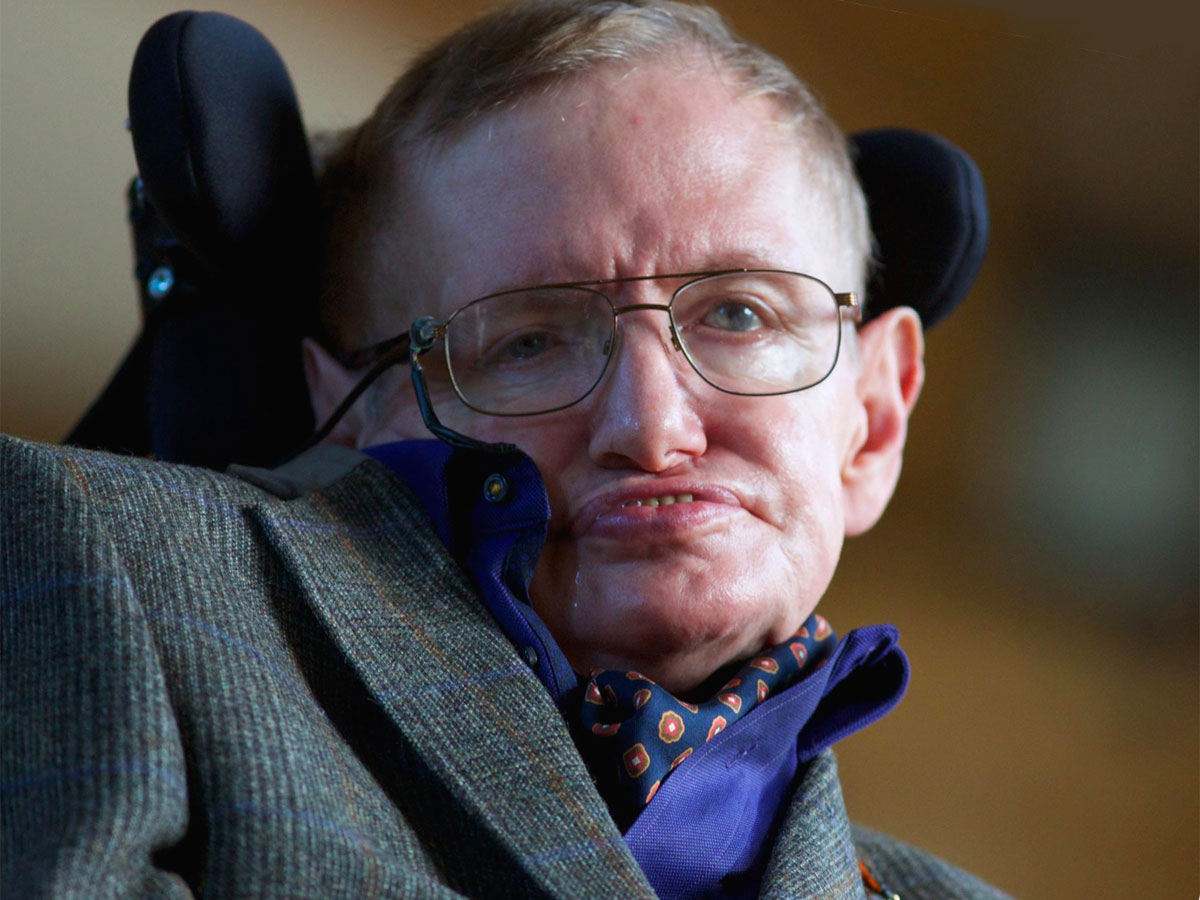Some time ago the Daily Telegraph reported that cosmologist Stephen Hawking had suggested that “heaven is a fairy story for people who are afraid of the dark.”
When I was a chaplain at Kings College, Cambridge, Hawking’s offices were across the street from the school where I worked and many evenings as we walked home from Evensong we’d see the famous physicist in his wheelchair making his own way home. He’d be accompanied by his wife, who I understood was a very committed Christian.
He was clearly a brilliant thinker and one who suffered his physical illness with great dignity. When it comes to faith, there is usually more than meets the eye or more than is voiced publicly. One wonders what his true feelings were about faith and how his relationship with his wife–which went through ups and downs intersected with his thought.
The comment about heaven and fairy tales. prompted this column I wrote for Crisis Magazine:
As I am both a lover of fairy tales and a believer in heaven, I am not sure whether this is an insult or a compliment. Although I do not believe heaven is a fairy tale, it is my love of fairy tales that makes me believe in heaven. Like G. K. Chesterton, I believe that fairy tales are (in their own way) more true than the barren facts of yesterday’s newspaper; and it is because of the solid truths of the fairy tales that I believe in the solid truth of heaven.
I use the word “solid” because I suspect what Hawking really means is that heaven is somehow insubstantial and unreal. It is, he would have us believe, a figment of our imagination — a product of wishful thinking on the part of those who are afraid of the darkness of death and ultimate annihilation.
But what makes fairy tales so concrete and real is that they are rooted in a world that is just. The wolf who devoured granny is chopped up and grandma is freed. Cinderella wins her prince. The wicked witch is pushed into the oven, and the big bad wolf gets boiled after he slides down the chimney. Fairy tales may be made-up stories, but the truths they reveal are not. They make me believe in justice, and therefore they make me believe not only in a heaven but in a hell.
Fairy tales teach us that goodness, truth, and beauty must one day be rewarded, and evil, lies, and brutality must one day be punished. We see that, in this life, justice is rarely done; and yet because there is such a thing as justice, so our hearts and minds demand that there be a place where justice is fulfilled. This is not wishful thinking: It is clearly, solidly, rationally, and soberly realistic. Expecting justice in the end is part of our nature: Good leads to life. Evil leads to destruction. Expecting justice to be the final result is as logical and sensible and scientific as expecting water to run downhill.
Hawking thinks that believing in heaven is wishful thinking. But he forgets that those who believe in heaven most often also believe in hell. They believe that each soul is answerable to God, that final, fearful Judge. If I were thinking wishfully, this is not what I would have wished for. To be honest, I would rather not have to give an account for myself to One who has every hair on my head numbered, and who does not miss even the fall of the smallest sparrow to the ground. Suddenly, the prospect of the afterlife is not so pleasant at all, and it is the person who tells himself that there is no afterlife or final judgment who is thinking wishfully.
We judge no one’s soul however, and I hope Stephen Hawking wasn’t such an atheist as he made out and that he was reconciled at the end and is on his way to heaven.







This article made me think of something else. Why are we having so many mass killings (shooting and bombings)? The kid in Austin came from a good family. How does this happen? The answer is simple: people forgot about God – even if raised in a Christian household this is possible, especially in today’s world. If there’s no God, there’s no heaven, no Satan, and no hell, then nothing matters. There’s no punishment for poor behavior and no reward for good behavior. So if you’re struggling through life with problems and things are miserable, why not lash out and end it all in a blaze of glory? There’s no punishment waiting for you, so why not? These people perpetrating these acts have looked into the abyss and determined there’s no point to it all and have jumped in, sadly taking others with them. With no faith, one’s life is utterly devoid of meaning and hope, which is depressing.
There is nothing but hopelessness and emptiness without God. Anyone who really takes the time to think about this will know it’s true.
Father, you need to write a book about this.
I’m working on it!